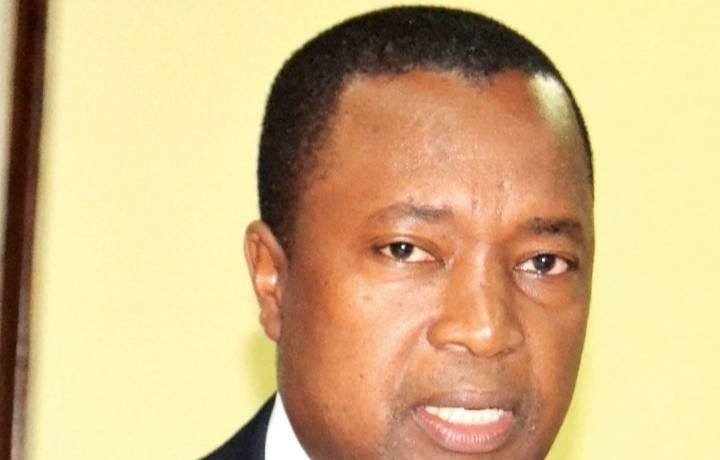In the realm of politics, consistency and integrity should be the hallmarks of a leader’s – without matter on whether the leadership in question is real or merely imaginary. Regrettably, the recent actions of former Reserve Bank Governor Dalitso Kabambe serve as a cautionary tale of the dangers of political flip-flopping, a phenomenon that threatens to erode the very foundation of public trust and objective politics.
In the immediate aftermath of the 44% devaluation in November last year, Kabambe was quick to denounce the move, describing it as “reckless” and warning that it would only exacerbate the suffering experienced by the Malawian people. He painted a bleak picture, asserting that there would be no recovery from the resulting macroeconomic meltdown, as prices of essential goods and services, including fuel, fertilizer, and food, would skyrocket.
However, just five days ago, Kabambe took a complete U-turn, advocating for the devaluation of the Kwacha and arguing that such a move was “inevitable” if the currency was to be properly aligned. This startling reversal of position begs the question: What principles, if any, guide Kabambe’s decision-making? An inevitable conclusion is that this sudden shift in position is a textbook example of political flip-flopping, a tactic often employed by those seeking to curry favor or manipulate public opinion for their own gain.
Objectivity demands that we examine Kabambe’s statements and actions through the lens of their inherent logic and consistency. The initial condemnation of the devaluation as “reckless” and detrimental to the Malawian people’s well-being appears to be a reasonable and responsible stance for a former central bank governor. However, his subsequent endorsement of the very same policy measure just few months later undermines the credibility of his earlier critique.
The implications of such behavior are far-reaching and deeply troubling. When elected officials or public figures display a willingness to alter their stance on critical issues based on the political winds, it erodes the public’s trust in the political process. Citizens are left wondering whether their leaders are genuinely committed to serving the common good or are simply pursuing their own agendas.
This flip-flopping raises serious concerns about Kabambe’s integrity and the reliability of his judgement. If he is willing to so readily abandon his stated position, it casts doubt on the sincerity of his concerns for the Malawian people and the depth of his understanding of the complex economic challenges faced by the country.
Moreover, this type of inconsistency undermines the very foundations of democracy. Voters rely on the ability to hold their representatives accountable, to assess their performance based on a clear and coherent set of principles. When politicians engage in Kabambe sort of flip-flopping, they deprive the electorate of the opportunity to make informed decisions, sowing confusion and disillusionment.
The case of Dalitso Kabambe is a stark reminder that the integrity of our political system depends on leaders who are willing to stand firm in their convictions, even when it may be politically inconvenient. Malawi’s citizens deserve leaders who are guided by an unwavering commitment to the well-being of the country, rather than those who are willing to sacrifice principle for political gain. Kabambe’s inconsistency and the bankruptcy of his integrity must be subjected to rigorous scrutiny, lest we risk further erosion of the democratic ideals that should underpin Malawian governance.













